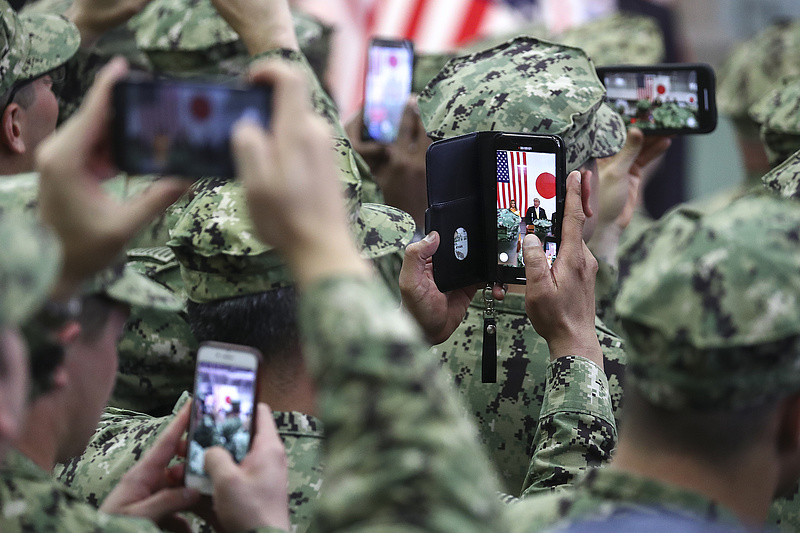The two allies will begin wide-ranging working-level talks in the United States in early August to hammer out a multi-year agreement as Tokyo seeks to convince Washington that it will not be able to significantly increase its burdens due to the difficult financial situation, a local newspaper reported on Wednesday. According to the sources, the United States is urging Japan to increase its burdens as it seeks to increase its American military presence in the Indo-Pacific region in the face of Chinese military expansion.
The two countries aim to conclude negotiations by the end of the year. Japan will be represented by Arima Gotaka, Deputy Director-General of the North American Bureau of the Ministry of Foreign Affairs, and Gamato Taro, Deputy Director-General of Defense Policy at the Ministry of Defense. Donna Welton, State Department Senior Adviser for Security Negotiations and Agreements, and former Political Adviser to the U.S. Embassy in Japan, will continue to serve under President Joe Biden. Wilton actually led US negotiations under former President Donald Trump.
In fiscal year 2021 next March, Japan made a cost contribution of 201.7 billion yen ($1.84 billion), roughly the same as the previous year. The expenses will cover a portion of the cost of the approximately 55,000 US troops stationed in Japan, including utility and labor costs.
Sources said Japan wants the United States to understand that it contributes as much as possible to the strict financial framework, and also financially supports the mission of redeploying US forces. The island nation also hopes to avoid increasing its contribution by persuading the United States to play its role in strengthening the bilateral security alliance, including in cyber and outer space, where China wields increasing influence.
Japan will establish a new organization in the Air Force’s Self-Defense Squadron next March and will build a space-monitoring radar in Yamaguchi Prefecture that will be operational in fiscal year 2023. These military deployment support agreements are usually concluded for a period of five years. However, for fiscal year 2021, Japan and the United States have agreed to extend the five-year agreement, which expires in March 2021, by one year as bilateral talks are affected by the change of authority in Washington.












































